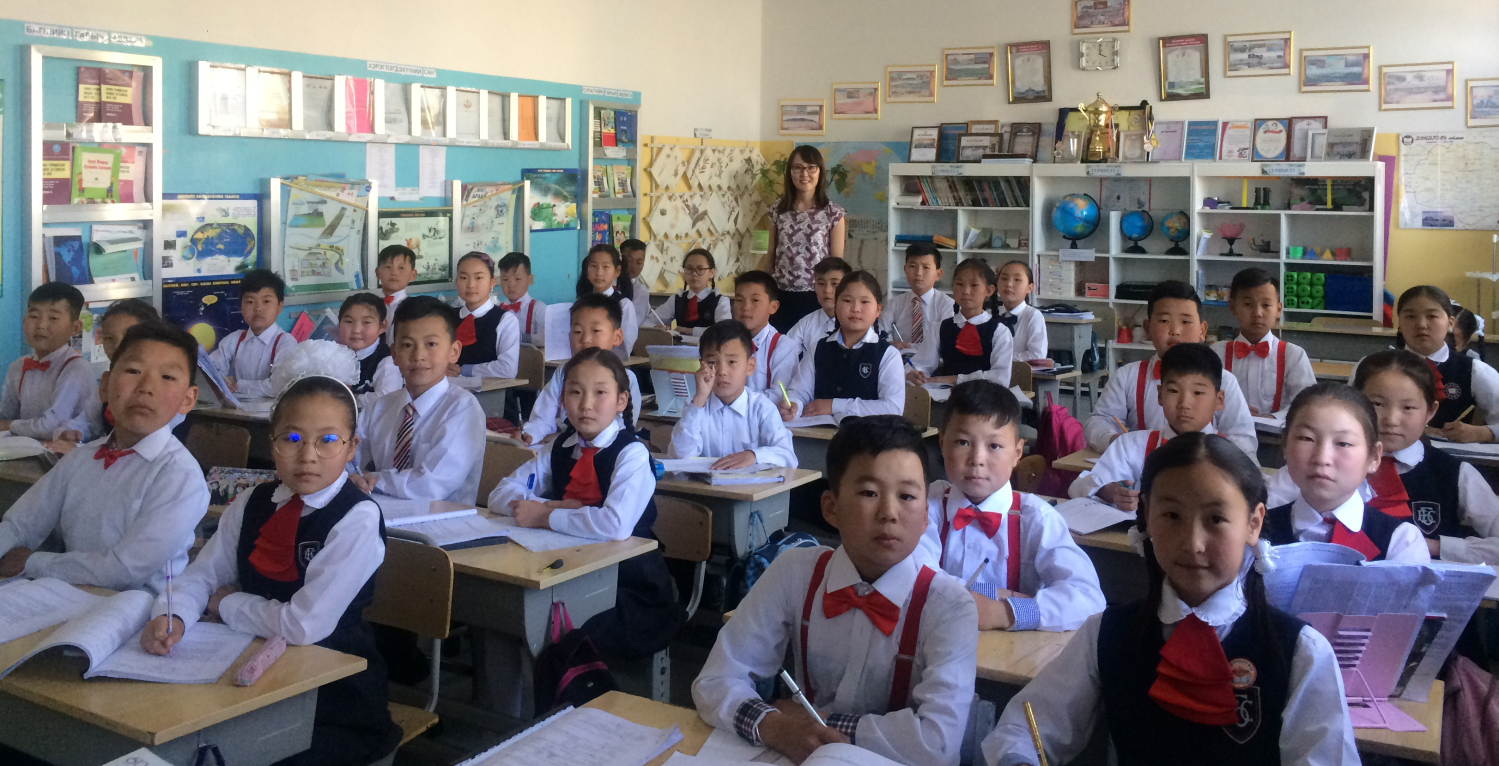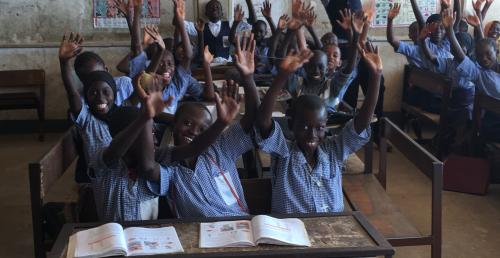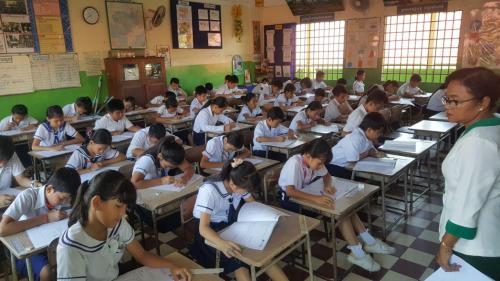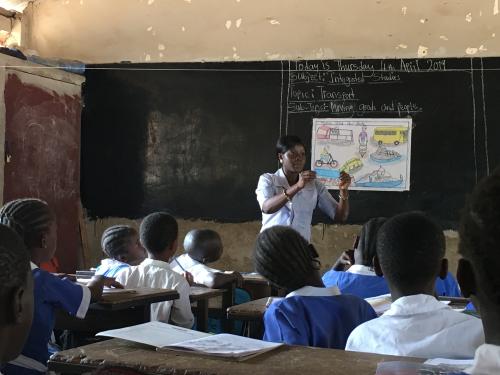To be successful in today’s world, students need to have a broad set of knowledge, skills, habits, and traits that go beyond what has traditionally been taught in the classroom, such as rote memorization-based skills. These broad sets of competencies—such as critical thinking, collaboration, problemsolving, technology and information skills, and communication, among others—are often referred to as 21st century skills (21CS).
Despite broad agreement that schools should adopt an agenda for teaching 21CS, there is still a great deal of debate about 21CS—from which skills are most important to how such skills should be taught and assessed. Given a lack of clear consensus on the most effective ways of teaching and assessing these skills, educators are challenged in adapting the learning and teaching paradigm of 21CS to the classroom.
The report
This report is intended to help educators adapt and develop new ways of assessing 21CS in their classrooms. It provides information about the process followed in the Optimizing Assessment for All (OAA) project at Brookings and includes examples of assessment strategies for capturing 21CS skills, specifically problemsolving, collaboration, and critical thinking. The report includes assessment tasks developed by the three focus countries in Asia (Cambodia, Mongolia, and Nepal) and the three in Africa (the Democratic Republic of Congo, The Gambia, and Zambia), providing a step-by-step guide to the development and adaptation of 21CS assessment tasks.
As nations worldwide look to integrate a breadth of skills perspective into their curricula—and into teaching and learning—the need to specify learning outcomes and performance standards for these skills has become apparent. Assessment is key not only to these specifications but also to the teaching of the skills. Twenty-first century skills are transferable skills, and recognized as difficult to measure. The approach described here draws together known types of assessment in the classroom together with the process required for tackling these hard-to-measure competencies.
The task development processes, undertaken by national teams across Asia and Africa, focused on assessment of collaborative, critical thinking, and problem-solving competencies of students enrolled across the final years of primary school and early years of secondary school. None of the countries that engaged in the work yet have comprehensive definitions and descriptions of the skills. Hence the development of assessments was preceded by formulation of definitions and descriptions that provided the structure against which assessment tasks could be created. Nor have the countries yet formally specified performance outcomes for these competencies. This situation reflects the reality for most countries—where, because 21CS are so recently integrated into formal education, learning progressions that describe the skills are not yet developed. Accordingly, setting the difficulty level of the assessment tasks was achieved through the national teams and their teacher participants estimating likely level of student competency. The accuracy of these estimates can be seen in analysis of the results from the pilot assessment programs of the tasks in both the Asia and Africa regions.
Photo credit: Erdmiin Dalai Complex School, Dundgovi, Mongolia
The Brookings Institution is committed to quality, independence, and impact.
We are supported by a diverse array of funders. In line with our values and policies, each Brookings publication represents the sole views of its author(s).







